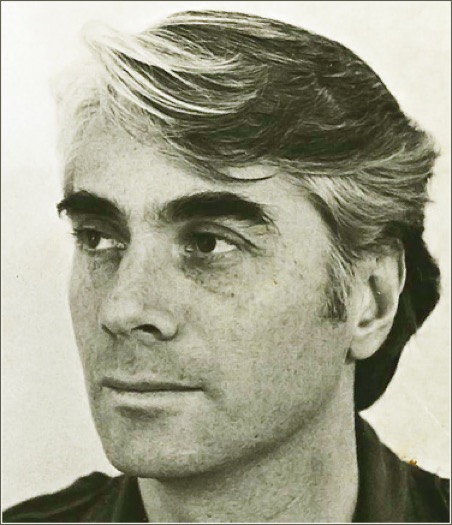
A passage from PHILOSOPHICAL EXPLANATIONS (1981).
"In what other way, if not simulation by a Turing machine, can we understand the process of making free choices? By making them, perhaps. We might interpret those theorists who pointed to our choices not as trying to prove that we made free choices but as ostensively explaining the notion, showing its intelligibility. Were they saying that we understand free choice and agency by virtue of making free choices as agents? To accept a (restricted) form of knowledge by acquaintance, encompassing knowledge of a mode of action and of ourselves, runs afoul of views that we know something only when (and to the extent that) we know the laws it obeys. However, even if such views are rejected the nature of this other mode of knowledge, by self-acquaintance, is unclear."
I don't always agree with Nozick. Indeed, I have been saying so since the late 1980s at latest.
But he often seems to me to write in the way that a philosopher should -- to write like someone who is thinking out loud through the quandries that bug him, and who invites us to listen to his ruminations, to join him rather than to take a seat as a pupil.
The above passage is a fine example of his excellence in this particular prose style.
Comments
Post a Comment